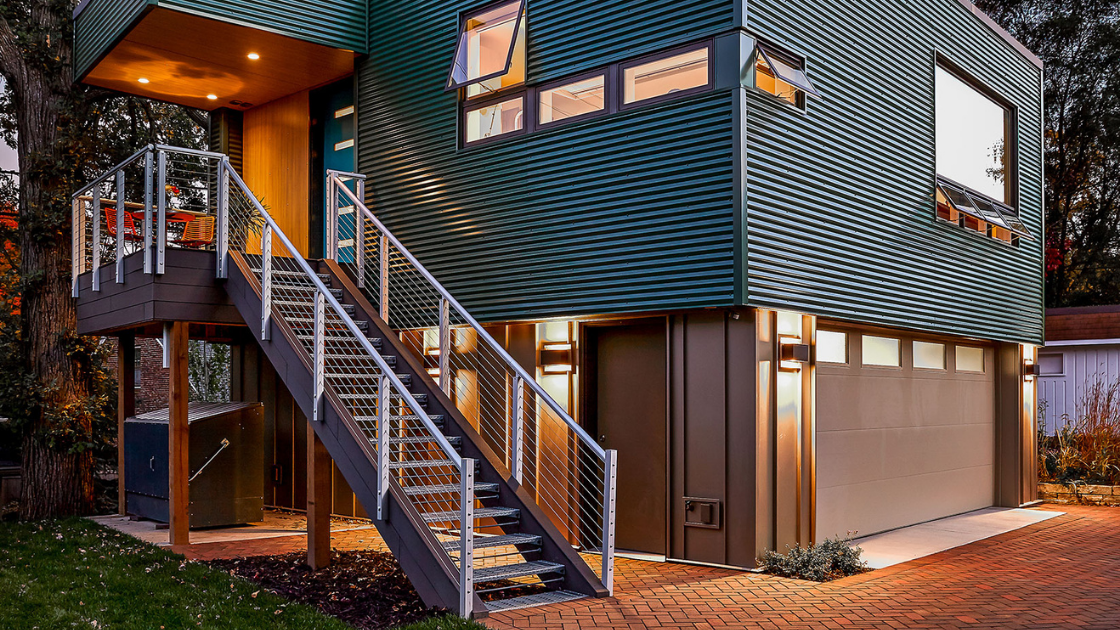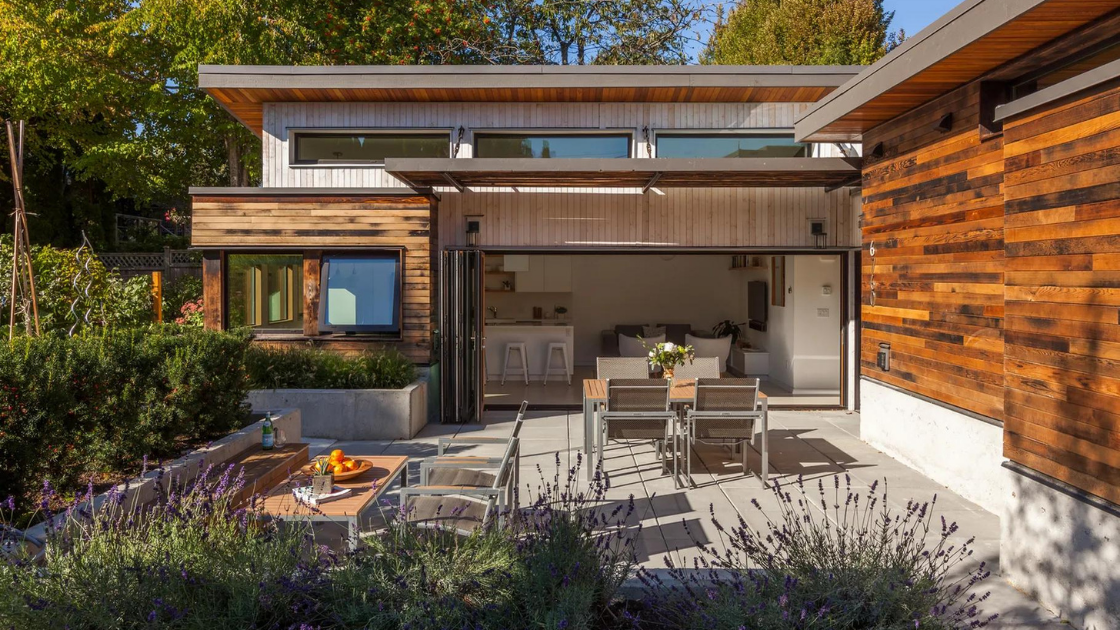An ADU or Accessory Dwelling Unit refers to a legal and regulatory term for a secondary apartment or house sharing a bigger primary home. Although ADU can’t be sold separately, it offers additional income or residence for additional family members.
These Accessory Dwelling Units typically have a kitchen, entrance, and living area and may be attached to a garage. However, it makes use of water and electricity from the primary house.
The cost of an ADU depends on its design, whether it is attached to the primary home or not. In addition, the price will depend on the type of building materials and size. For a property to be an ADU it must be self-sustaining; with a kitchen, living area, and sanitation services like a bathroom, working sinks, and a toilet.
How Much Does an ADU Cost?
Although the cost of HDU depends on several factors, the most important factor is whether it is attached to detached. In general, attached ADU costs real estate investors twice the cost of attached units.
The other essential cost determinants include;
- Location of the home
- The size of the ADU
- The number of amenities in the Accessory Dwelling Unit
- Number of permits required to build an ADU
- The level of expertise required
Why are ADUs Common in California?
ADUs have become a growing trend in the last few years due to their unlimited benefits. Here are reasons why they are common in California:
An ADU Can Increase Property Value
ADUs can increase property value; thus, you don’t need to break a bank to enhance a property resale value; instead, build an attached or detached accessory dwelling unit for maximum resale value.
It’s a Home for Visitors
If your house has limited capacity, an ADU can accommodate visiting family members and friends who desire to be alone.
They reduce Living Expenses for Older Family Members and Caretakers
An ADU can accommodate an apartment’s Caretaker. Additionally, an Accessory Dwelling Unit can host older family members who may need assisted living. Instead of taking them to an assisted living facility, they can live in an Accessory Dwelling Unit within the compound.
They Can Serve as a Home Office
Working from home, an Accessory Dwelling Unit forms a perfect workspace because it is away from children and other distractors. This is perfect especially since working from home has become the new normal.
An ADU Can Be a Source of Extra Income
An Accessory Dwelling Unit is a good idea if you want a more passive income from tenants. Since tenants have their entries, living spaces, and amenities, they can live independently.
They Can Accommodate Adult Children and Graduates
An ADU can house older children and college graduates before they are stable to rent or buy their own houses.


